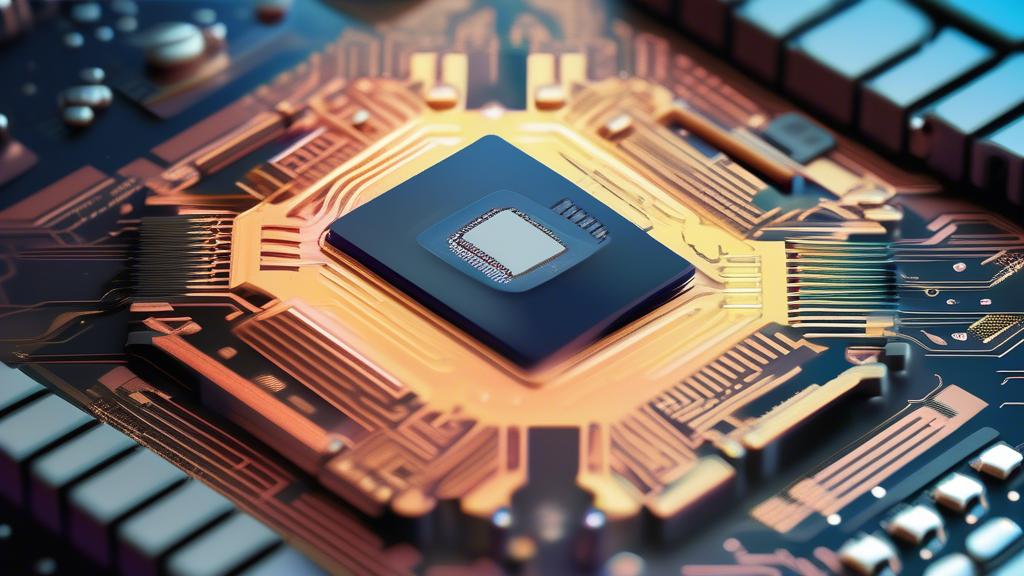Meta’s In-House AI Chip: A Breakthrough in AI Hardware Development
Meta Develops Its Own AI Chip
In a significant move, Meta, the parent company of Facebook, has started testing its first in-house AI training chip. This marks a major milestone in the company’s effort to design its own AI hardware solutions. By developing an in-house AI chip, Meta aims to reduce its dependence on third-party hardware and gain greater control over its AI infrastructure.
Why Meta is Building Its Own AI Chip
Meta’s decision to develop an in-house AI chip reflects its commitment to advancing AI technology internally. Historically, Meta relied on high-end GPUs from companies like NVIDIA for training its AI models. However, with the growing demand for AI-driven services and the increasing complexity of AI systems, a custom AI chip offers several advantages.
One key benefit is cost efficiency. By designing its own hardware, Meta can optimize the chip for its specific needs, reducing the reliance on expensive third-party solutions. Additionally, an in-house chip can enhance performance and efficiency, enabling faster and more precise AI model training.
Details of Meta’s AI Chip
Reports indicate that Meta’s AI chip is based on the RISC-V architecture, a flexible and scalable instruction set gaining traction in AI hardware. This choice suggests Meta is focused on creating adaptable AI hardware solutions. The chip is currently being tested for its ability to handle the computational demands of training large-scale AI models, including generative AI tools.
If successful, Meta’s AI chip could reduce reliance on NVIDIA’s GPUs, such as the H100 and B100 series, lowering costs and giving Meta greater control over its AI infrastructure. This shift could also accelerate innovation in AI technology.
Impact on Meta’s AI Ecosystem
Developing an in-house AI chip is part of Meta’s broader strategy to build a self-sufficient AI ecosystem. By controlling both software and hardware, Meta can optimize its platforms for better integration and performance. This could improve AI-driven services like virtual reality (VR), augmented reality (AR), and recommendation systems.
Furthermore, Meta’s AI chip could accelerate AI research and development. With a custom chip, Meta’s researchers can experiment with new algorithms and models without hardware limitations, potentially leading to breakthroughs in natural language processing, computer vision, and machine learning.
The Future of Meta’s AI Hardware
As Meta continues testing its AI chip, it may explore further innovations in AI hardware. The success of this project could encourage more investment in AI chip development, solidifying Meta’s position as a leader in AI hardware alongside companies like NVIDIA and Google.
Meta’s move into AI hardware reflects the growing trend of tech companies designing custom hardware for AI. As AI becomes more integral to daily life, specialized hardware will likely become even more important. Meta’s initiative demonstrates its long-term vision and commitment to technological leadership.
Conclusion
Meta’s in-house AI chip represents a significant step toward building a self-sufficient AI ecosystem. By developing its own AI hardware, Meta can reduce costs, improve performance, and gain greater control over its AI infrastructure. This move underscores Meta’s commitment to advancing AI technology and sets a new standard for AI hardware development.
As Meta refines its AI chip, we can expect innovative applications of AI in the coming years, from enhanced VR experiences to advanced generative AI tools. Meta’s foray into AI hardware is poised to have a lasting impact on the tech landscape.
